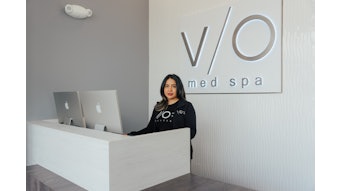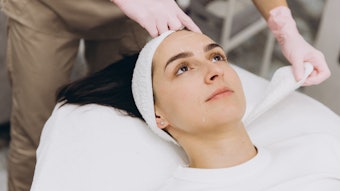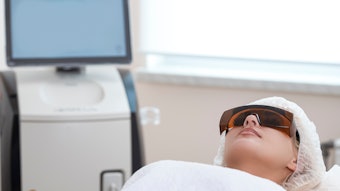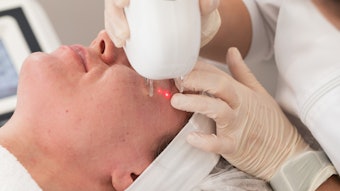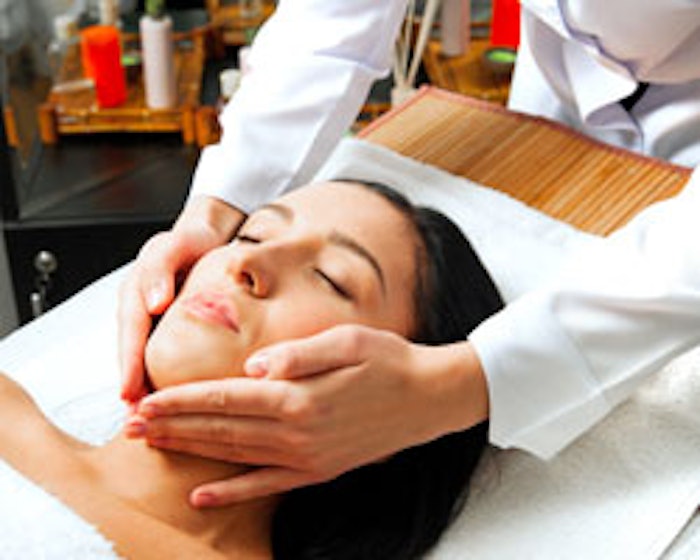
Part I of this column appeared in the June 2014 issue of Skin Inc. magazine. The article discussed the benefits clients experience when estheticians and physicians work together in the skin care industry. Part II of this article addresses the importance of the often-lacking consultations and client education in the medical spa, and how estheticians can help fill the gap.
It begins with consultation
Too many opportunities for results are missed due to weak consultations. Both estheticians and physicians are guilty of falling short in client education—setting expectations, sharing the importance of prepping the skin before treatments and paying attention to healing following treatments.
Often forgotten or rushed, it is the vital skin care consultation that is the key to discovering how skin care professionals can successfully meet clients’ goals and expectations, as well as determine how likely the client is to comply with a home-care regimen and treatment plan. It is during this consultation that essential information and clients’ goals are revealed. Cutting corners puts clients’ skin and a skin care business at risk, bringing the entire industry down.
Estheticians who specialize in corrective skin care understand how vital it is to conduct an in-depth consultation in order to obtain all the facts that will lead to a treatment plan, including retail products to prepare the skin for treatments. They also know that liability insurance requires professionals to obtain signed consent forms. Estheticians cannot neglect to follow through with proper intake forms. This will make themselves and the business vulnerable to lawsuits.
Dealing with clients who are convinced that medical skin care is the only effective route can make retailing for estheticians difficult. To combat this belief, estheticians need to earn clients’ trust. In taking the time to allow clients to share imperative information before treatments, estheticians can uncover common and often-intimidating challenges imposed by a decade of the medical skin care boom.
Clients are now using topical drugs under their physicians’ care, which is posing challenges that include statements such as, “I only want your facials, not your products,” and “I only use products with tretinoin and hydroquinone from my dermatologist.” This is an opportunity to ask the client how their current treatment is working for them, and share with them the ways an esthetician can improve their results.
Support and education
There is little known about anti-aging drugs and their application, frequency of use and side effects. In this industry’s never-ending quest for youth, the risks associated with medications are sometimes ignored, but it is the job of estheticians to understand the potential side effects, contraindications and treatment options when clients opt to continue usage.
It is the education component that is missing in the physician’s office. Even if a nurse suggests skin care products, does she really know skin care? She may be parroting what the skin care line representative taught her to say when selling their products during a lunch-and-learn. Does the physican’s team have a deep understanding of cosmeceutical ingredients, formulations or frequency of use specific to the client? Not usually.
However, educated and hungry estheticians are always delving deeper into their quest to achieve results by conducting series of treatments on their clients, or researching case studies that show the results of treatment planning. The evolution of clients’ skin is based on knowledge of what to recommend for home care, which treatments to perform and when.
Time availability and client education represent two huge differences between estheticians and physicians. It is the estheticians that dedicate themselves to building relationships through education and recommending the perfect home-care products for every client.
Danielle Wachowski is an esthetician certified in oncology esthetics, is NCEA-certified and specializes in teaching advanced esthetics for Skin Smooth PRO. She has worked for several cosmeceutical companies in education and sales, and is passionate about helping estheticians learn the art of corrective skin care modalities in a product-neutral way.


